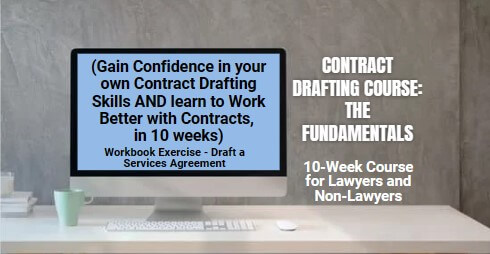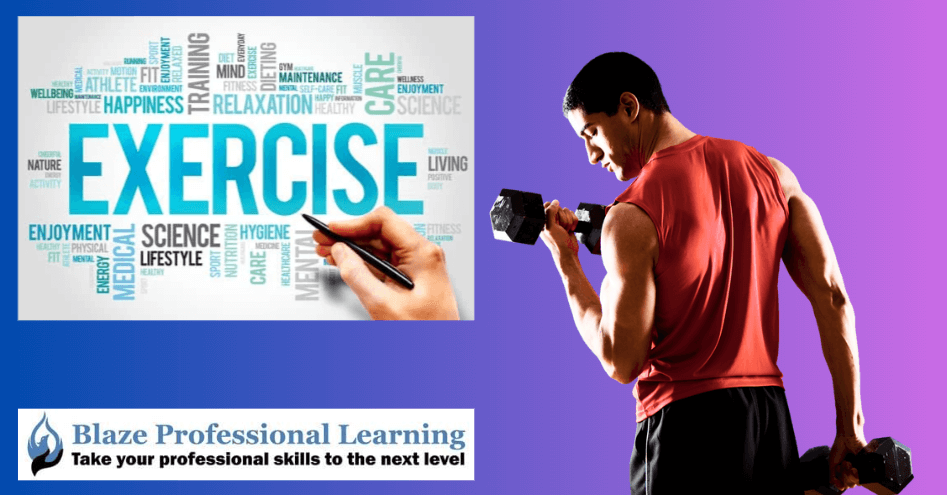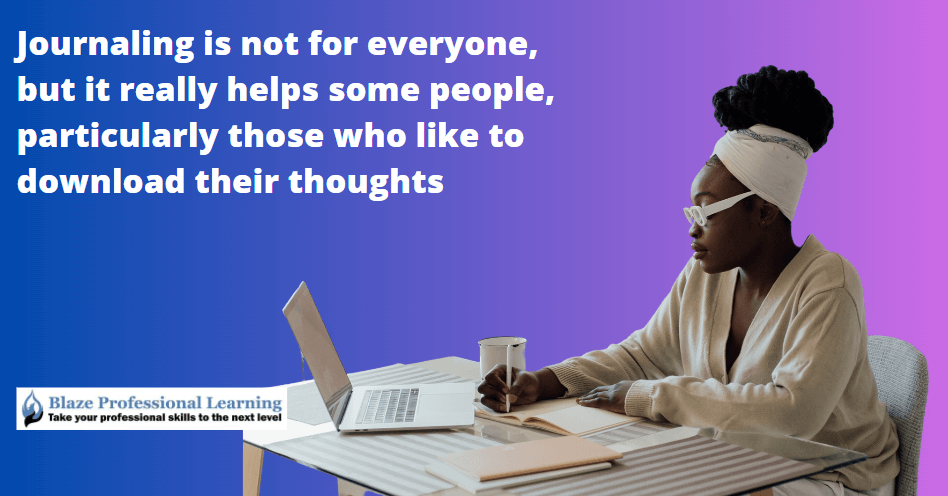How to Achieve Self Improvement and Acquire New Skills
Most people find the idea of self improvement and acquiring new skills to be scary and intimidating. But here are 20 self improvement tips for both your personal and professional life. They will make your life richer, help you to acquire new skills, allow you to improve your working environment, let you get a better work life balance, help you to put yourself on a better career path, give you health benefits, and bring about positive changes in your life.
Holding that mirror up to yourself doesn’t have to be scary if you can change your mindset and any bad habits – trust me, I’ve done this myself.
Pick one step towards self improvement or professional growth, and focus on that. Once you’ve conquered one, the others will seem easier.
One by one, step by step, you’ll get there. There are so many reasons to do so.
My Imposter Syndrome holds me back!

Perhaps you struggle with Imposter Syndrome, and the fear that you’re not worthy or would be overlooked even if you tried to improve your Professional skills (or your personal attributes).
If so, read this post, work with me on conquering your Imposter Syndrome, then come back to this post with a smile on your face and the knowledge that you’ve got this!
How am I supposed to improve myself?
As a Professional, there are many ways to acquire new skills and improve yourself, both on the personal side and in your career and role.
It is worthwhile, both personally and professionally, but it is not necessarily easy. Self achievement and upskilling yourself can take time, and the process varies depending on the person.
On the personal self improvement side, it can take great effort and even a willingness to experience some personal and emotional pain.
But you can do this.
How to Acquire a New Skill in your Professional Life
In today’s fast-paced world, acquiring new skills is crucial for professionals to stay relevant and competitive in their field.
Here are various strategies and tips that can help Professionals such as yourself acquire new skills and keep their skillsets up-to-date.
1. Attend Training Courses and Workshops
One of the best ways to acquire new skills is by attending training courses (which includes an online course) and workshops. These events are usually conducted by industry experts who can provide valuable insights and guidance. Attending these events also gives Professionals the opportunity to network with others in their field, which can open up new avenues for career growth.
I run Training Courses, and Workshops here at Blaze Professional Learning. If you work with contracts in any way, shape or form, check out my courses on:
Contract Planning; and
Contract Drafting.
And I have an Online Course on Contract Management coming soon.

2. Get one-on-one Training from an Expert
One of my most popular services here at Blaze Professional Learning is my one-on-one training, customised to your needs.
I take you through your own contracts, explain how they work and what they mean, and how you can work better and more efficiently with those contracts as a Contract Professional.
Along the way, I’ll teach you how different contract concepts work, and how you can work better with your Lawyer or Legal Division over your career.
Check out my one-on-one training here.
And, of course, there are dozens of other experts who provide training in a multitude of fields to help you on your self improvement journey.
3. Join Online Communities or Forums in your Industry
You can also join online communities or forums where Professionals in your industry discuss industry news and trends. Doing so will keep you up-to-date on the latest events and enable you to learn from peers.
I’m an active participant in many of these forums, which gives me a chance to help others.
4. Read Books and Articles (and watch YouTube)
Another effective way to acquire new skills is to read books and articles related to your profession. This can help you stay updated on the latest trends and technologies in your field.
Reading can also broaden your knowledge base and give you new perspectives and ideas.
5. Seek Out Mentors

Finding a mentor can be an excellent way to acquire new skills. Mentors can provide guidance, feedback, and support, which can be invaluable in helping Professionals develop new skills.
A mentor can also provide insights into their own experiences and share their knowledge and expertise plus answer questions you may have. If you can’t find a mentor in person, these days online is just as good support.
6. Take on New Projects at work (Volunteering)
Taking on new projects in your Division or organisation can be an effective way to acquire new skills.
By taking on new challenges, Professionals can push themselves out of their comfort zones and learn new skills along the way.
It is also an excellent way to demonstrate initiative and gain recognition for your work, which can have positive effects at performance review time or if you are going for a promotion.
7. Go on Secondments
You can also think outside the box and ask to go on secondment to another Division or organisation. An arranged secondment (usually for a fixed period of time, eg 6 months) can be an extremely valuable way to learn how to perform a different role or learn how things work in a different industry.
I’ve personally been on several secondments, and I count it as some of the best industry experience I’ve obtained over my 23+ years.
You could even initiate a job swap with another person at a similar level as you.
In times of economic hardship, where your Division or organisation doesn’t have enough work for you, this can be an innovative way to preserve your job.
Particularly if your Division has no work on, but another Division in your organisation is over capacity – volunteering to shift and work there for a certain period of time can help keep you within the organisation you love.
If you are unsure of what projects to take on, consider volunteering for organizations or causes related to your profession. This can provide opportunities to work on projects and develop new skills while making a positive impact.
8. Attend Conferences and Seminars
Attending conferences and seminars is a great way to acquire new skills and stay up-to-date with the latest trends in your field.
Professionals can learn from industry experts and connect with other Professionals in their field, which can lead to new opportunities for growth and learning.
If attending in-person events is not possible, many organisations now offer virtual conferences and seminars. These events can provide the opportunity to connect with others in your field and learn from industry experts from the comfort of your own home.

I recently attended a full day Conference in the Infrastructure Industry, and found it an invaluable way to:
pick up new ideas from other people;
network and build relationships;
meet people who I’d previously met only on LinkedIn; and
learn new ways of doing things in the relevant industry.
The cost can be minimal for the benefits gained – and even better if your organisation will pay for you attend!
9. Ask for Feedback
It’s really important to your own self development to ask for regular feedback from your supervisor. This lets you know how you can improve your performance at work, and also where your supervisor is happy with your performance.
Many Professionals fear that their work is not good enough, and it can be stressful when performance reviews come around.
But rather than waiting, wondering, and stressing, make a point to actively ask for feedback. You can change any behaviour that’s causing problems early, and you don’t need to stress and wonder about “what ifs” because you will know the real answer.
This is actually one of my most important tips for helping people to overcome their Imposter Syndrome!
10. Use Online Learning Resources
Online learning resources, such as online courses, webinars, and tutorials, can provide valuable knowledge and insights for Professionals to acquire new skills.
Many of my own current courses are targeted at Contracts Professionals wanting to upskill themselves in Contract Planning, Contract Drafting, Contract Review, Contract Negotiation, Contract Management, Contract Disputes and Contracting Strategy.
Some popular online learning platforms include Coursera, Udemy, and LinkedIn Learning. Many of these platforms offer free courses and tutorials, making it easy for Professionals to learn new skills without breaking the bank.
Some organisations also offer online training programs for their employees, so be sure to check with your employer to see if such programs are available.
11. Upskill yourself in your current role, and then in someone else’s
This is a great way for you to upskill yourself and learn valuable new Professional skills. You can do this overtly within your organisation or more covertly if you don’t want anyone to think you don’t like your role.
Work in Procurement, for example? What if you paid attention to how the Professionals in Commercial or Contract Management perform their roles?
By learning more about their roles, you also make your role easier and get to build stronger relationships with people who start to realise how much of an asset you can be now that you understand their needs and ways of thinking.
Practical Ways to Start Working on Personal Self-Improvement
Here are some of the ways you could work to improve yourself in your personal life.
1. Conquer your Imposter Syndrome
So many people struggle with their Imposter Syndrome, but you can work on it and ultimately stomp on your Imposter System. I did many years ago, and now I help others to do so as well.
Check out my eBook and Workbook – they will help you overcome many of the individual components of your Imposter Syndrome, as well as work on your overall personal development.
2. Eat a balanced diet

I love eating all types of junk food, but I know that I am healthier (mentally and physically) when I eat healthily and don’t give into those bad habits. Go for balance and just eat healthier rather than quitting “cold turkey”. Try compromising – if I eat this chocolate slice, I won’t eat dessert after dinner.
The good thing here is that it’s not “dieting”, so your chances of continuing on a healthy eating path without crashing off your diet are greater.
3. Try meditation
Meditation is an effective way to work on our mental health, calm our emotions, help ourselves stay focused, achieve relaxation and increase self awareness. I’m personally in love with my Shakti mat, and lie on it everyday for some deep relaxation time.
4. Adopt a new hobby
It’s likely you have to focus on work and family obligations, but doing hobbies can help you create a better work life balance.
Sports activities, crafts and other activities can help give your mind some downtime and enable you to relax away from the pressures of your Professional role.
5. Have a Weekly Exercise Routine

Keeping up with an exercise routine definitely helps your week go faster, and there are added benefits as you grow stronger, physically healthier, and your mental health improves. Develop these good habits bit by bit, perhaps by starting a new sport.
6. Read a Personal Development Article each Day
Some people read at least a daily personal development article, which seems like such a good practice. Many great personal development sites have been launched online and other places like LinkedIn and YouTube have a huge selection.
Not sure what to read? I love reading about Emotional Intelligence and Leadership Skills, which benefit me in both my personal and Professional life.
7. Overcome Your Fears

Everyone has fears, but for some they can become crippling. Fear of public speaking. Fear of failure. Fear of making a fool of yourself. And many of us have more than one fear!
This is closely linked to stomping on your Imposter Syndrome and being gentle with any mental health issues.
Recognise your fear, and sit with it. Don’t try to push it away, just sit in a quiet room and accept that you have this fear. Acknowledge that your body thinks it is protecting you. Then you can let your body know you’ve got this, and you don’t need to be protected anymore.
Combine this with some tapping and some practice doing the things you fear, and you’ll be surprised at the change.
8. Set Big, Hairy, Audacious Goals (BHAGs)
Awful name, but if you’re a goal settler, I say go for it. So many people find that setting specific goals keep themselves on track.
For those who are really inspired, you could even do a five-year plan to go with your monthly or yearly goals.
If you don’t want to set these goals in your personal life, how about to help guide your Professional journey?
9. Identify Ways to Grow Relationships
Everyone’s relationship can benefit from a little bit of fine-tuning. If you’re not sure how to approach this, jump on YouTube – there are thousands of videos on how to build relationships and make them stronger.
If you’re not in a relationship, what about if you focus on growing your relationship with a friend, either new or existing, or increasing your inner circle.
10. Start a Journal

Journaling helps in building self-esteem. As you are writing, clarify your thinking and read your writings from an outsider’s viewpoint. It will give you insight.
Conclusion
As a Professional, whether you want to make your role easier or whether you always strive for self development, it is essential to focus on self improvement activities and acquiring new skills.
Be proactive and seek out opportunities
You can focus on Professional upskilling, or work on your personal self improvement, or both.
Remember that being proactive, seeking out opportunities, and committing to continuous learning and improvement are the keys to acquiring new skills as a Professional.
Make self development and upskilling a priority
By making self development and upskilling a priority, you take charge of your own career and broaden your future prospects as well as becoming a better person professionally. You also make your day-to-day job easier to handle and potentially less stressful.
+++
I hope some of the suggestions above resonated with you. Drop me a comment and let me know what you think!


